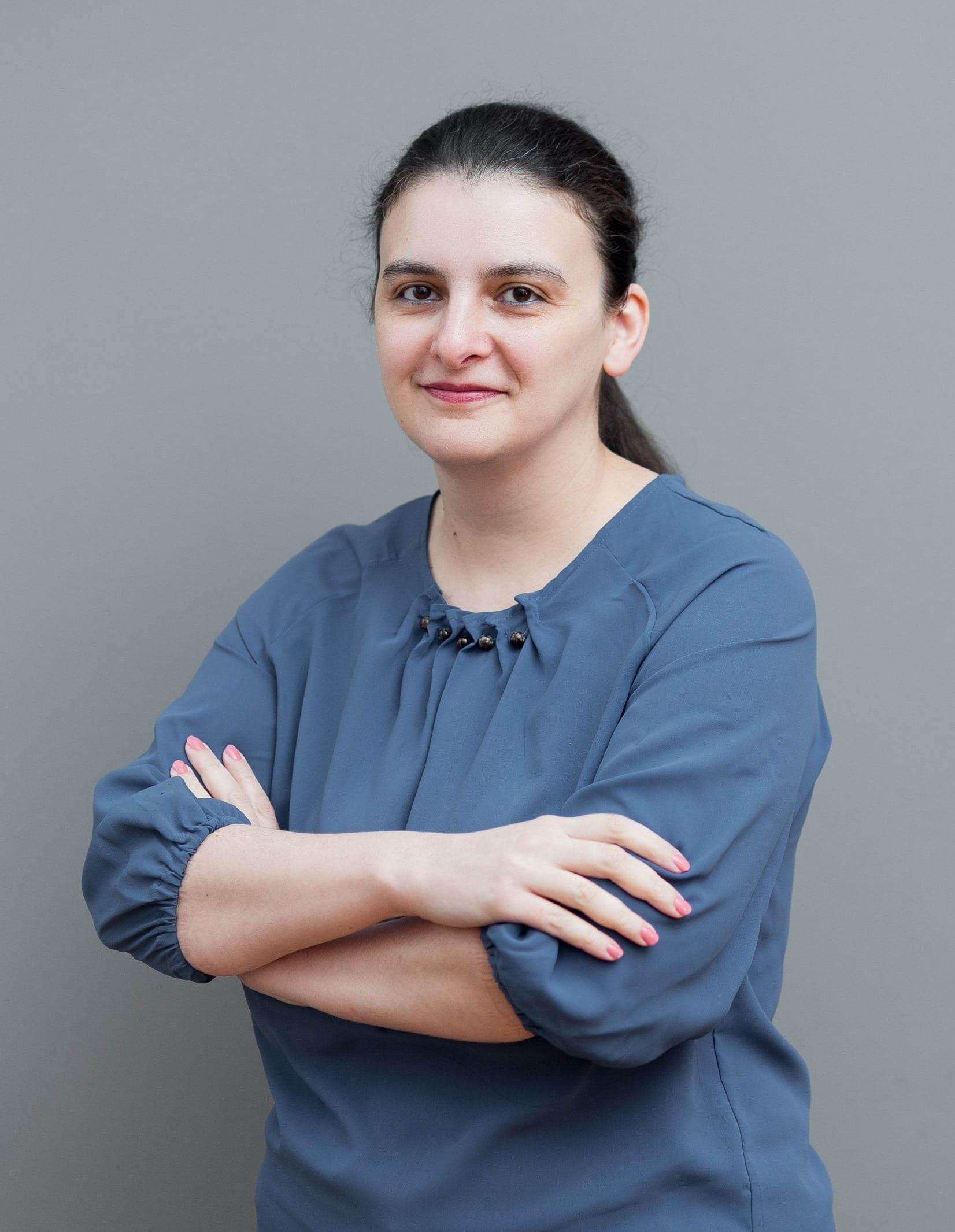After gaining independence, the nationalist discourse has gained momentum in Georgia. It’s been developing dynamically for over the last decades. During the 90s, the nationalist discourse was often moving beyond patriotic aspirations and was transmuting into ethnic-nationalist sentiments. This contingency was fueling intra-state tension and civil disarray and culminated in the war in Abkhazia, the Georgian-Ossetian conflict, and civil war. In the historical sense, chauvinism and xenophobia have never been integral elements of the Georgian culture, therefore, political conjuncture which occurred during the 90s has never been endemic for the Georgian society; We can assert that it was contradicting Georgian culture and historical experience.
Three decades have elapsed after those events and Georgian political and academic fields had become a sphere of domination of the liberal monomodal project. Consequently, alternative political visions and projects were marginalized or banished from the intellectual space. This process was initiated during the presidency of Eduard Shevardnadze but the radical liberal ideology was spread in every level of existence and gained a complete hegemony during the reign of Mikheil Saakashvili and the United National Movement. Under these conditions, every political point of view and initiative was subject to the filtration of the liberal ideology and was qualified accordingly. A vivid example is how the Soviet past and experience were utterly demonized and everything that was associated to some degree with the Soviet Union was condemned without scientific analysis.
Notwithstanding the given circumstances ,the new theory had been generated in Georgian academia which conceptualizes on determining a unique political role of the Georgian state in global affairs and it also suggests a new solution for overcoming the crisis of political thought. This newly-born theory is enabling a paradigm shift by prevailing over the crisis of political thought and by producing such scientific innovations which are capable of causing breakthroughs in social sciences. We have to consider that this theory is a consistent continuation of the “theory of set” created by Dimitri Uznadze and Georgian psychological school and it also contemplates peculiarities of Georgian culture and psychotype. This theory is establishing an interdisciplinary paradigm by merging, systematizing an accumulated knowledge from such various disciplines as psychology, philosophy, political science, global studies, history, and anthropology and by building a new theory on it, known as “Noology.
